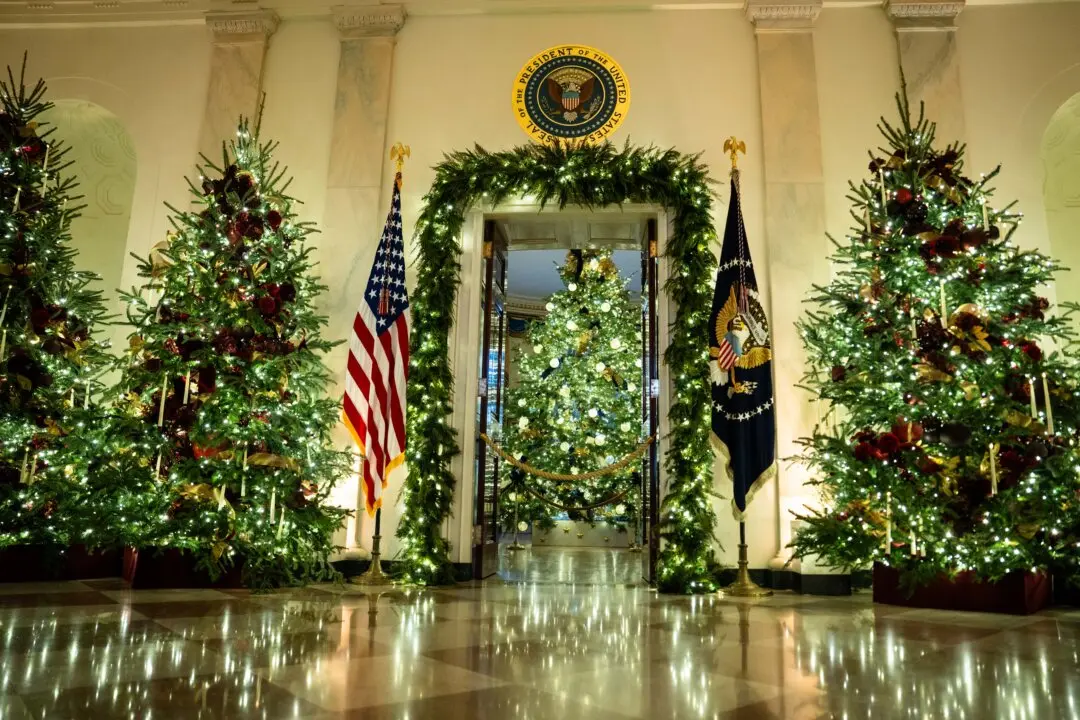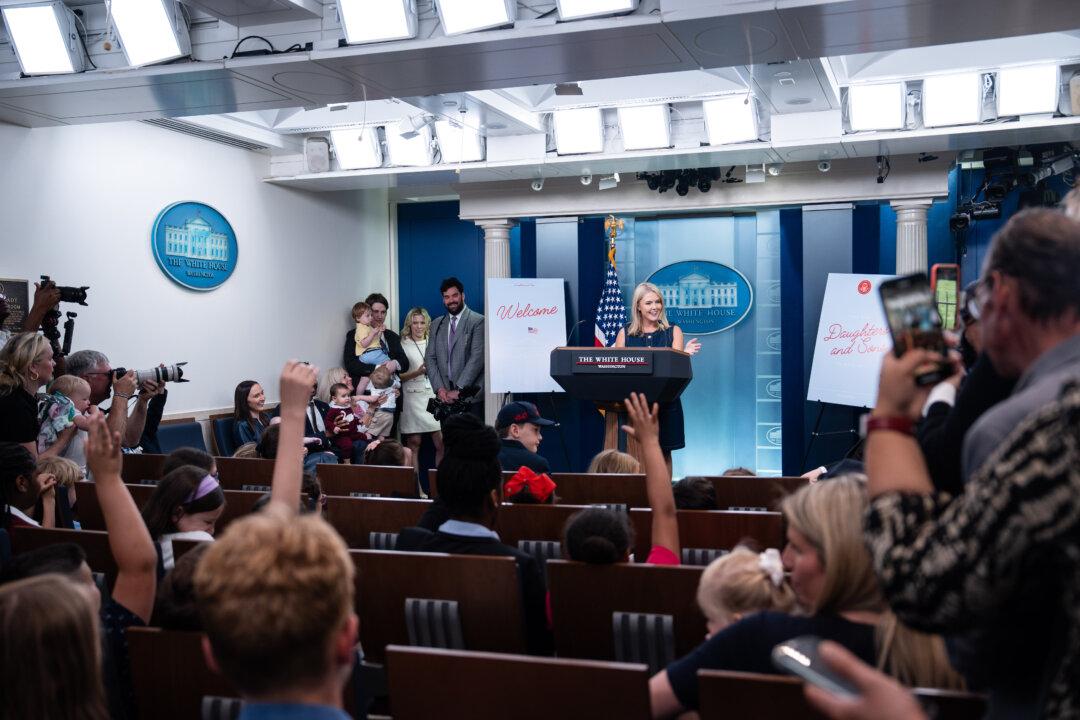Legislation that requires the Department of Energy (DOE) to report to Congress any changes to cost-share commitments by recipients of federal funding was approved by the U.S. House on Jan. 30.
DOE funds for energy research and development are essential for U.S. innovation, the proposal’s sponsor, Rep. Jay Obernolte (R-Calif.), said.





